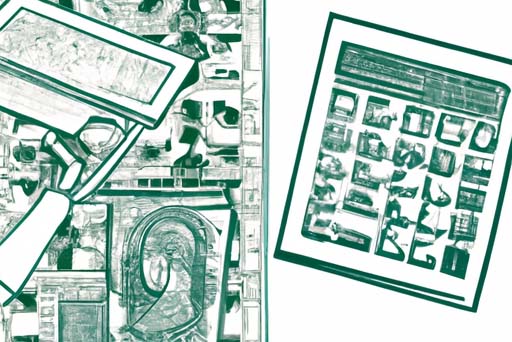TLDR:
- Top accounting firms, including Deloitte, EY, KPMG, and PwC, have admitted to breaking rules related to safeguarding audit independence.
- The admission comes after an investigation by the UK regulator, the Financial Reporting Council (FRC), found that the firms were not sufficiently controlling conflicts of interest.
Four of the world’s largest accounting firms have admitted to breaking rules safeguarding audit independence, following an investigation by UK regulator the Financial Reporting Council (FRC). Deloitte, EY, KPMG, and PwC have all agreed to improve their systems and processes to address the issues identified by the FRC. The regulator’s investigation found that the firms were not sufficiently controlling conflicts of interest, with auditors providing both audit and non-audit services to the same companies.
The FRC’s report identified a number of areas where the firms had breached rules and principles related to safeguarding audit independence. These included providing non-audit services that impaired independence, not properly considering the effects of fees on independence, and inadequate safeguards to identify and manage conflicts of interest. The firms have agreed to take specific actions to address these issues, including enhancing their training and guidance for audit partners and staff, strengthening their safeguards and controls, and implementing a culture of independence across their organizations.
Audit independence is a critical aspect of ensuring the quality and integrity of financial reporting. It ensures that auditors are able to provide unbiased and objective opinions on a company’s financial statements. The role of the audit profession is to provide assurance to stakeholders that a company’s financial statements are reliable and fairly presented.
The FRC’s investigation is part of a wider push to improve the quality and effectiveness of audits in the UK. In recent years, there have been a number of high-profile corporate failures and accounting scandals that have raised questions about the robustness of the audit profession. The FRC has been taking steps to strengthen the regulatory framework for auditors, including implementing tougher sanctions for misconduct and increasing the transparency of audit reports.
The admission by the four accounting firms that they have broken rules related to audit independence is a significant development. It highlights the need for stronger oversight and regulation of the audit profession to ensure that audits are conducted to the highest standards. The actions that the firms have agreed to take to address the issues identified by the FRC are a positive step towards improving audit quality and restoring trust in the profession.
However, there is still more work to be done to address the underlying issues that have contributed to the breakdown of audit independence. The FRC’s report identifies a number of systemic and cultural challenges that need to be addressed, including the pressure on audit firms to generate non-audit revenue, the lack of understanding and awareness of independence requirements, and the need for clearer guidance and standards.
In conclusion, the admission by the top accounting firms that they have broken rules safeguarding audit independence is an important step towards improving the quality and effectiveness of audits. It highlights the need for stronger oversight and regulation of the audit profession to ensure that audits are conducted to the highest standards. The actions that the firms have agreed to take to address the issues identified by the FRC are a positive step, but there is still more work to be done to address the underlying issues and restore trust in the audit profession.







